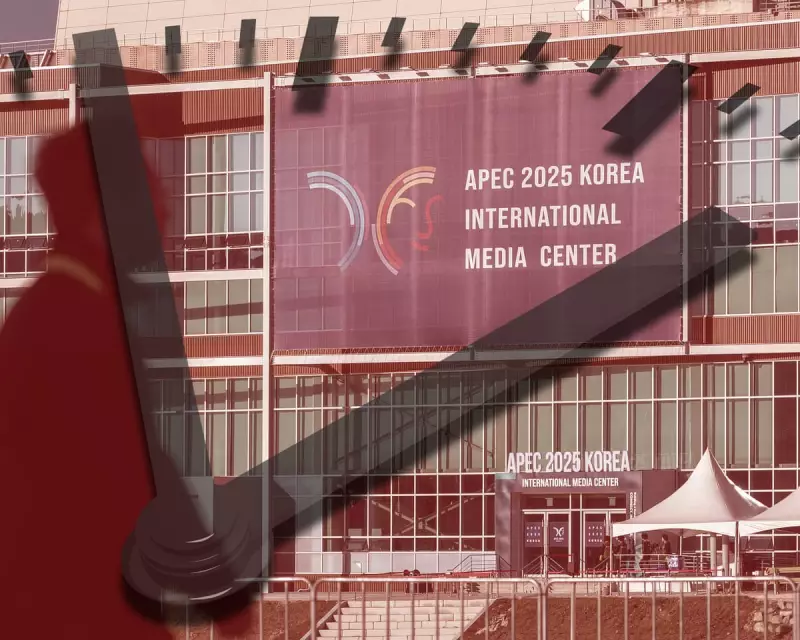
The Asia-Pacific Economic Cooperation, better known as APEC, is once again taking centre stage in global economics as world leaders prepare for their critical 2025 summit. This powerful alliance represents what many economists call the engine room of global growth, accounting for nearly 40% of the world's population and a staggering 60% of global GDP.
What Exactly Is APEC?
Founded in 1989, APEC brings together 21 diverse economies from across the Pacific Rim with one primary mission: to foster free and open trade and investment across the region. Unlike formal treaties or binding agreements, APEC operates as a cooperative forum where member economies work toward common goals through dialogue and mutual understanding.
The Key Players in the Room
The membership list reads like a who's who of economic powerhouses:
- Economic giants like China and the United States
- Technology leaders including Japan and South Korea
- Resource-rich nations such as Australia and Canada
- Dynamic emerging markets like Vietnam and Mexico
Why APEC Matters More Than Ever in 2025
In today's increasingly interconnected world, decisions made in APEC meeting rooms have ripple effects that reach British businesses and consumers. The forum's work on streamlining customs procedures, harmonising standards, and reducing trade barriers directly impacts everything from the price of consumer goods to investment opportunities for UK companies.
The Bogor Goals: A Vision Becoming Reality
One of APEC's most ambitious projects has been the pursuit of the 'Bogor Goals' - named after the Indonesian city where they were established in 1994. These objectives aimed for free and open trade and investment in the Asia-Pacific by 2020 for developed economies and 2020 for developing ones. While progress has been significant, recent global challenges have added complexity to this mission.
Beyond Economics: The Broader Impact
While trade dominates the agenda, APEC's influence extends far beyond mere economics. The forum has become a crucial platform for addressing:
- Sustainable development and environmental cooperation
- Digital economy and cybersecurity standards
- Supply chain resilience in a post-pandemic world
- Workforce development and skills training
The UK's Connection to APEC
Although Britain isn't a member of APEC, the economic health of the Asia-Pacific region directly affects British interests. As the UK forges its own trade relationships post-Brexit, understanding APEC's dynamics becomes increasingly crucial for British policymakers and business leaders alike.
The 2025 summit comes at a pivotal moment for global trade, with geopolitical tensions and economic uncertainties creating both challenges and opportunities. How APEC members navigate these waters will undoubtedly shape the economic landscape for years to come - making this gathering far more than just another diplomatic meeting.





